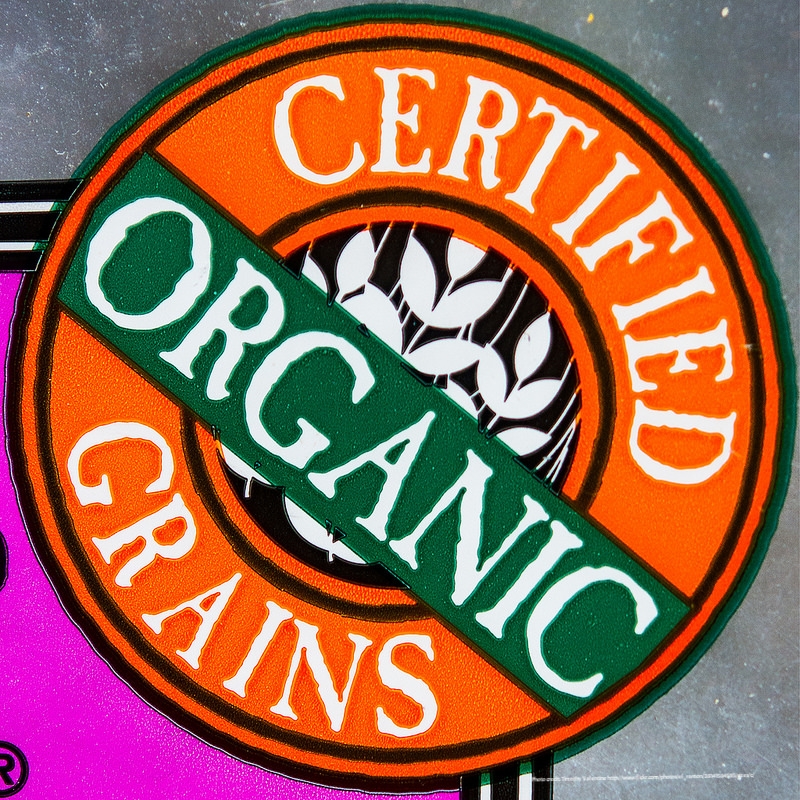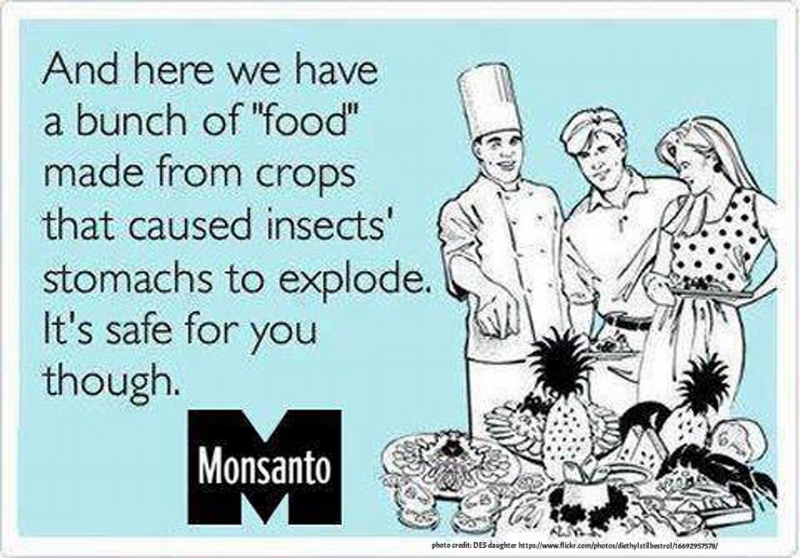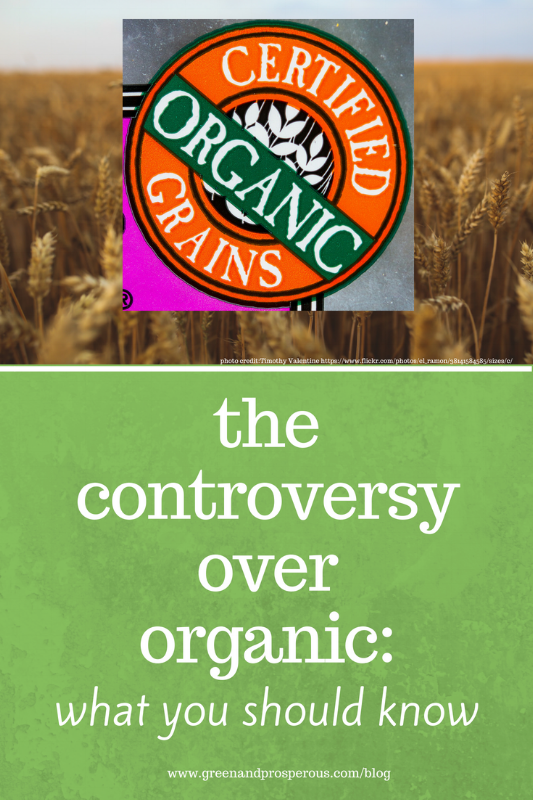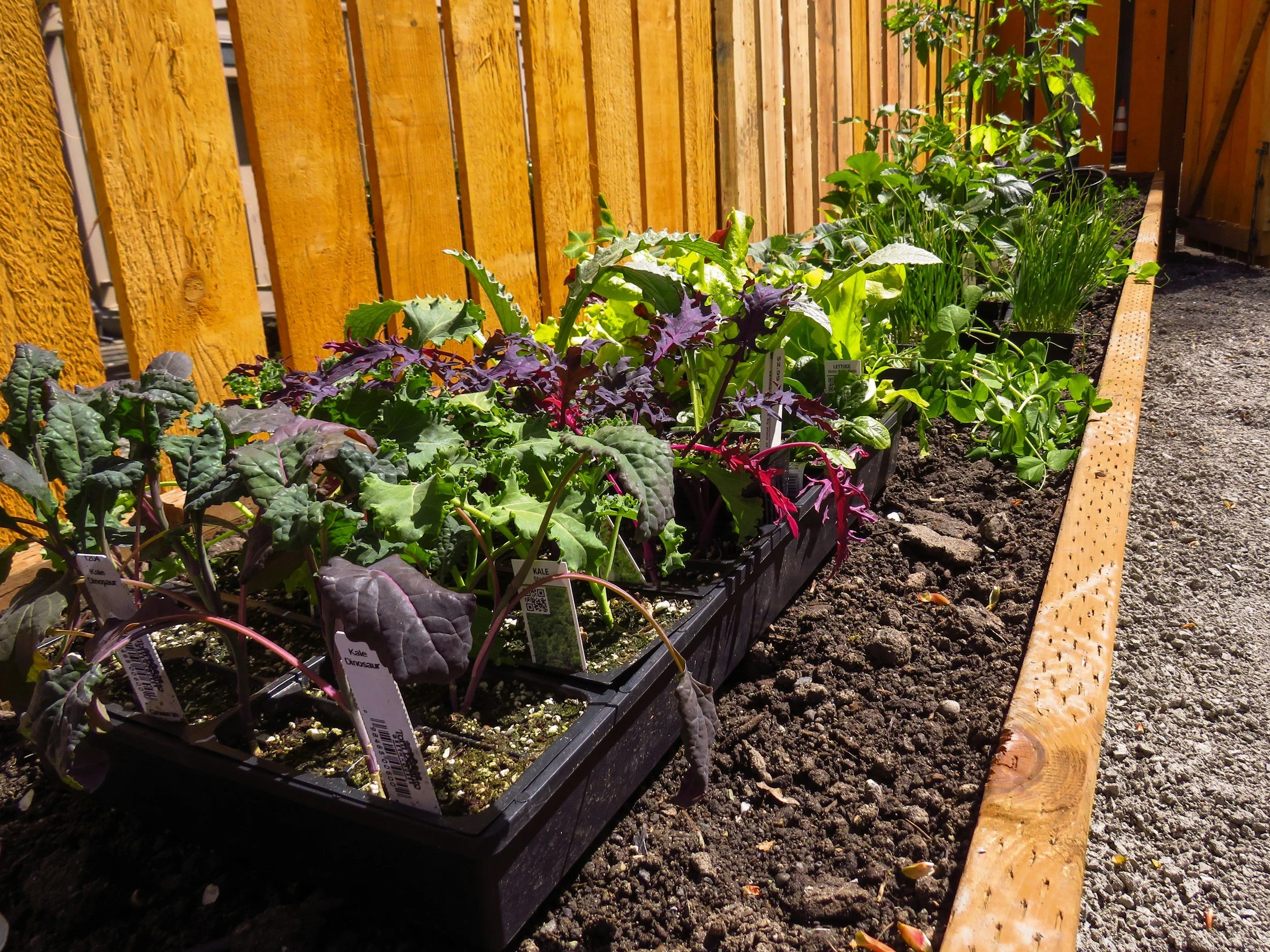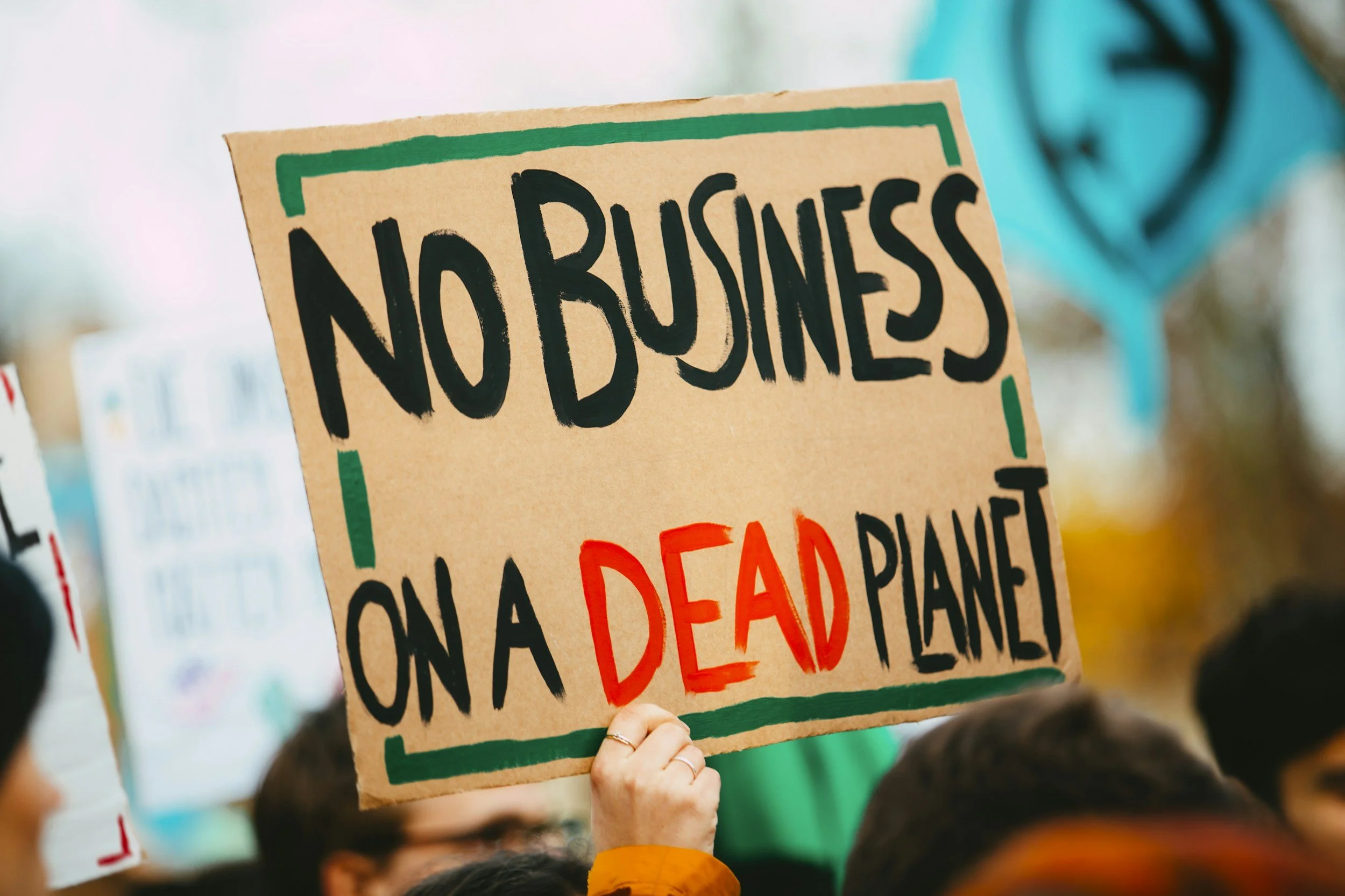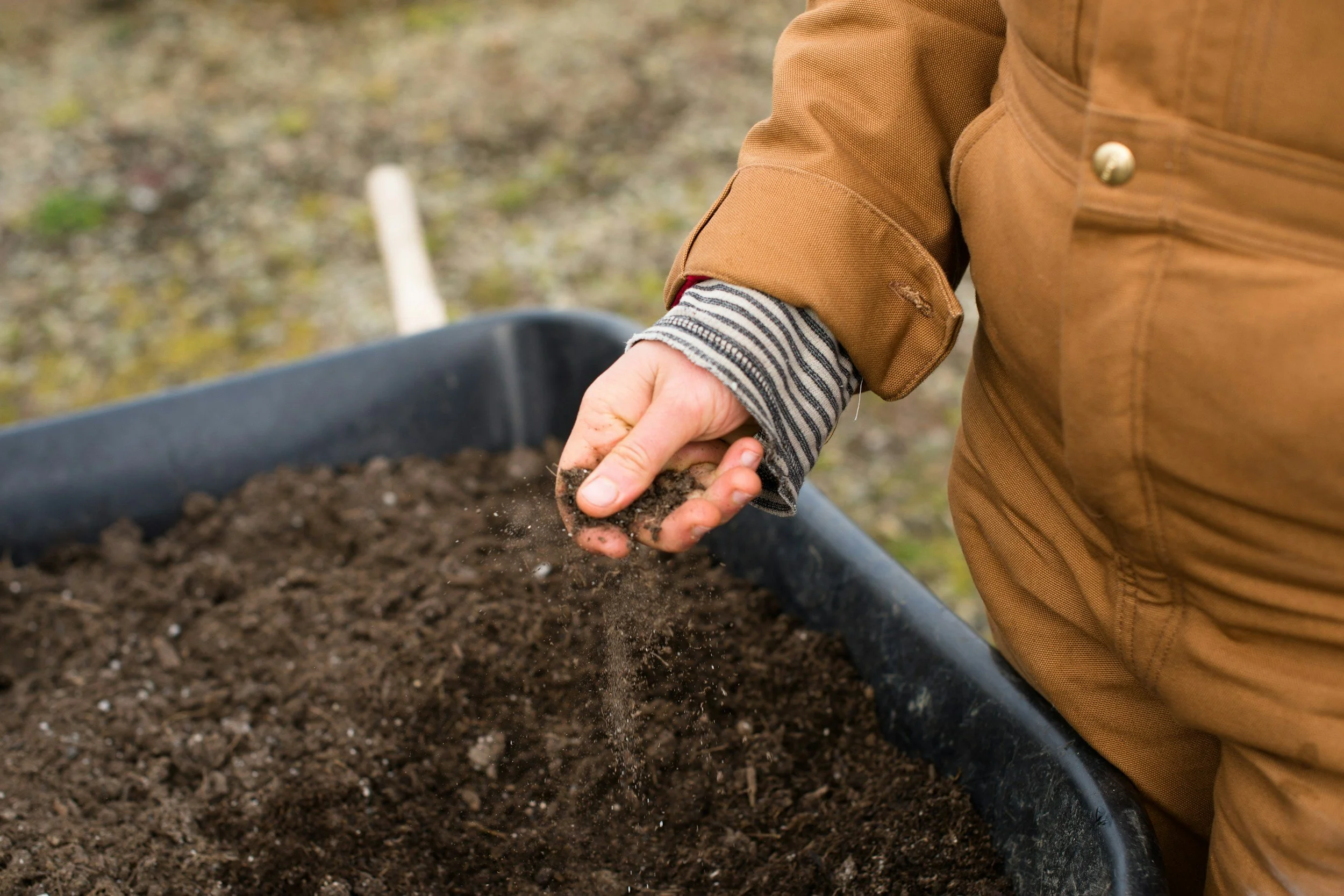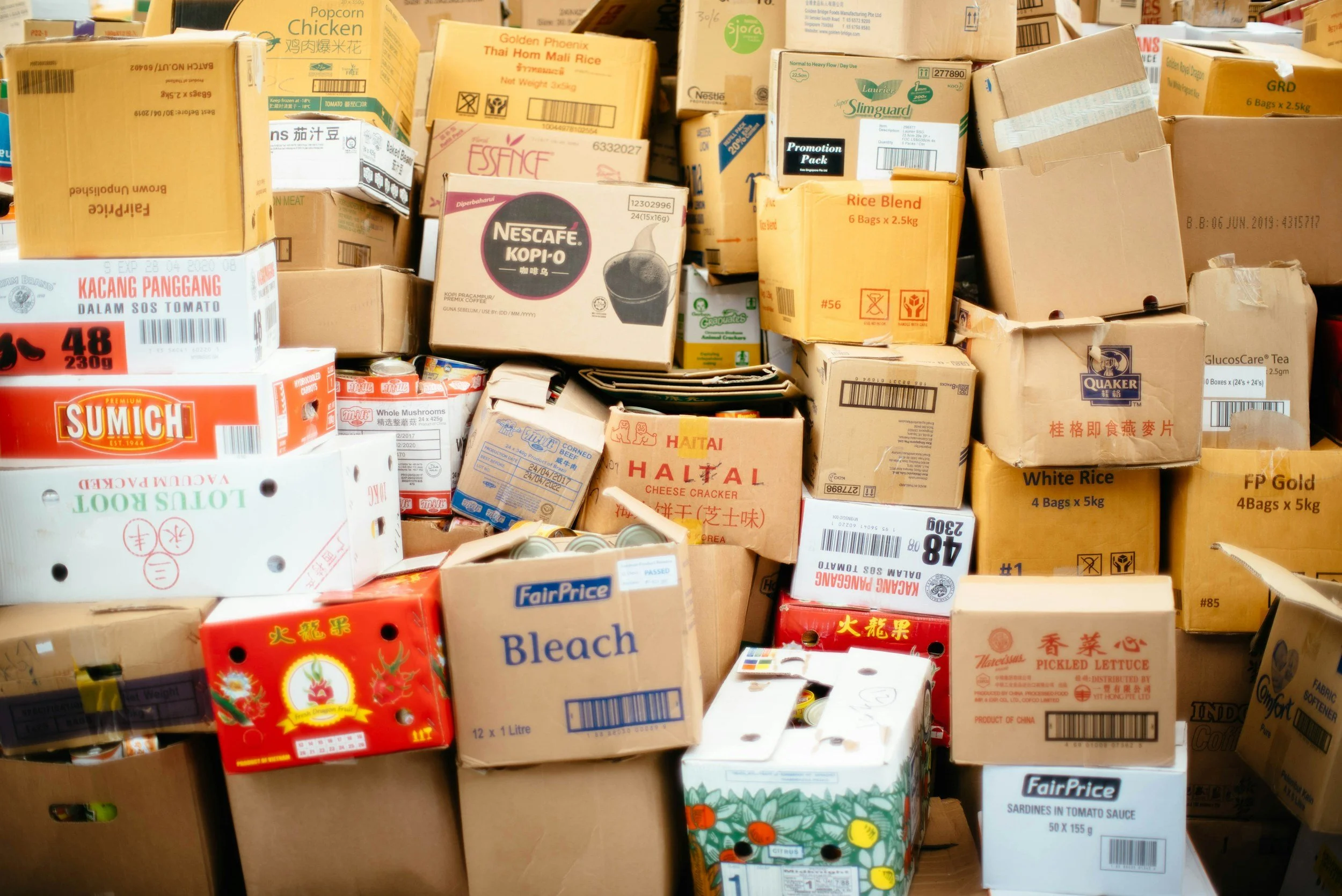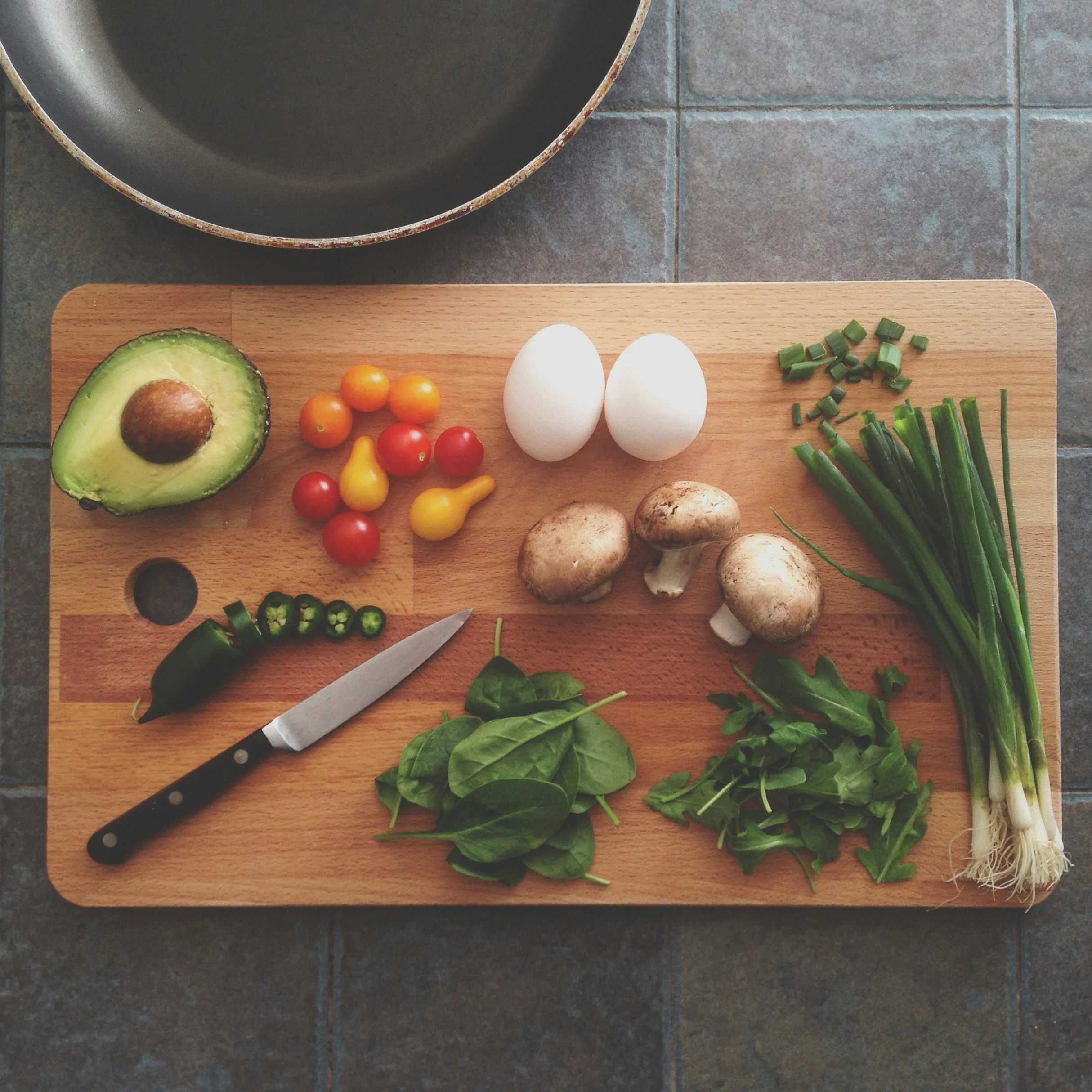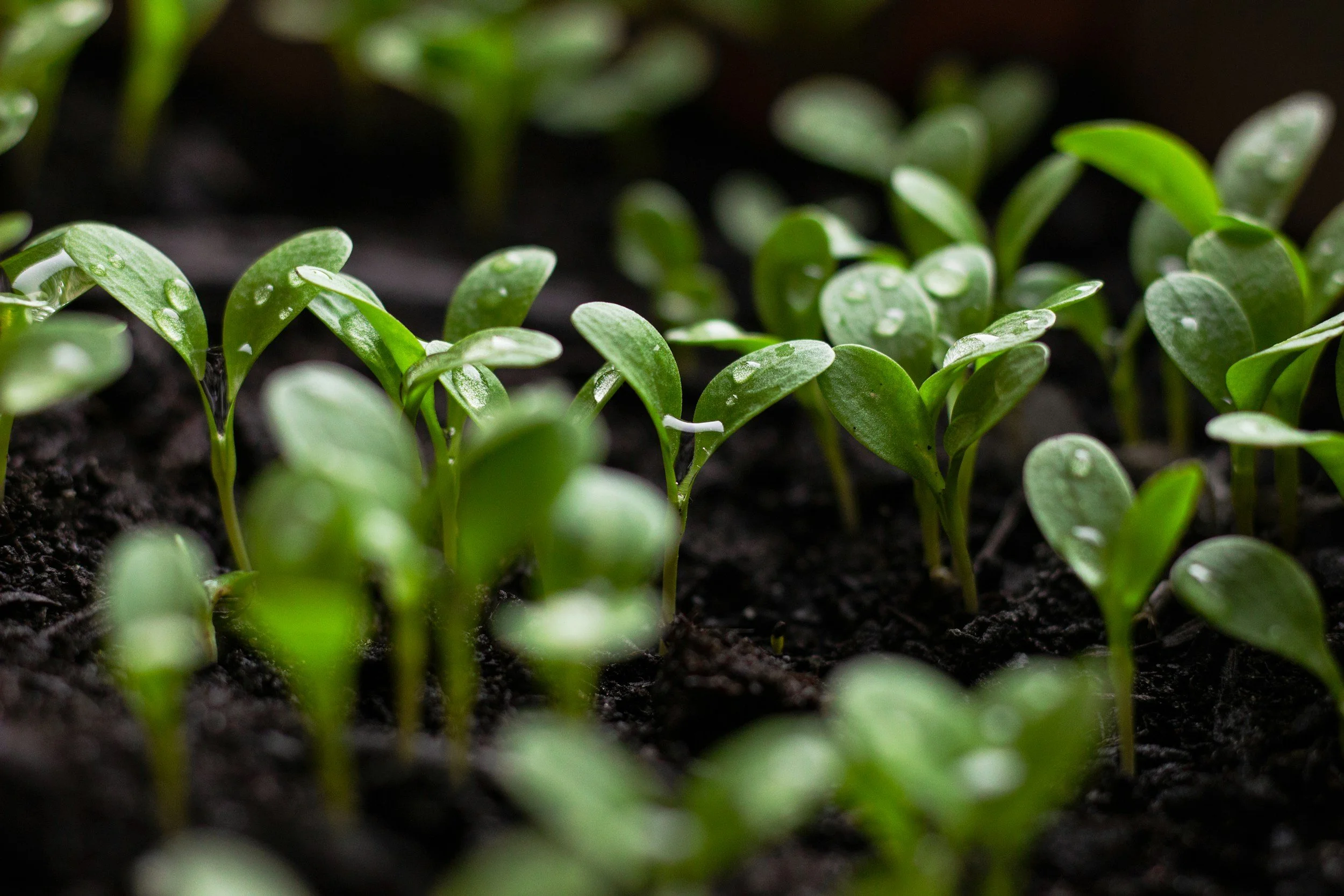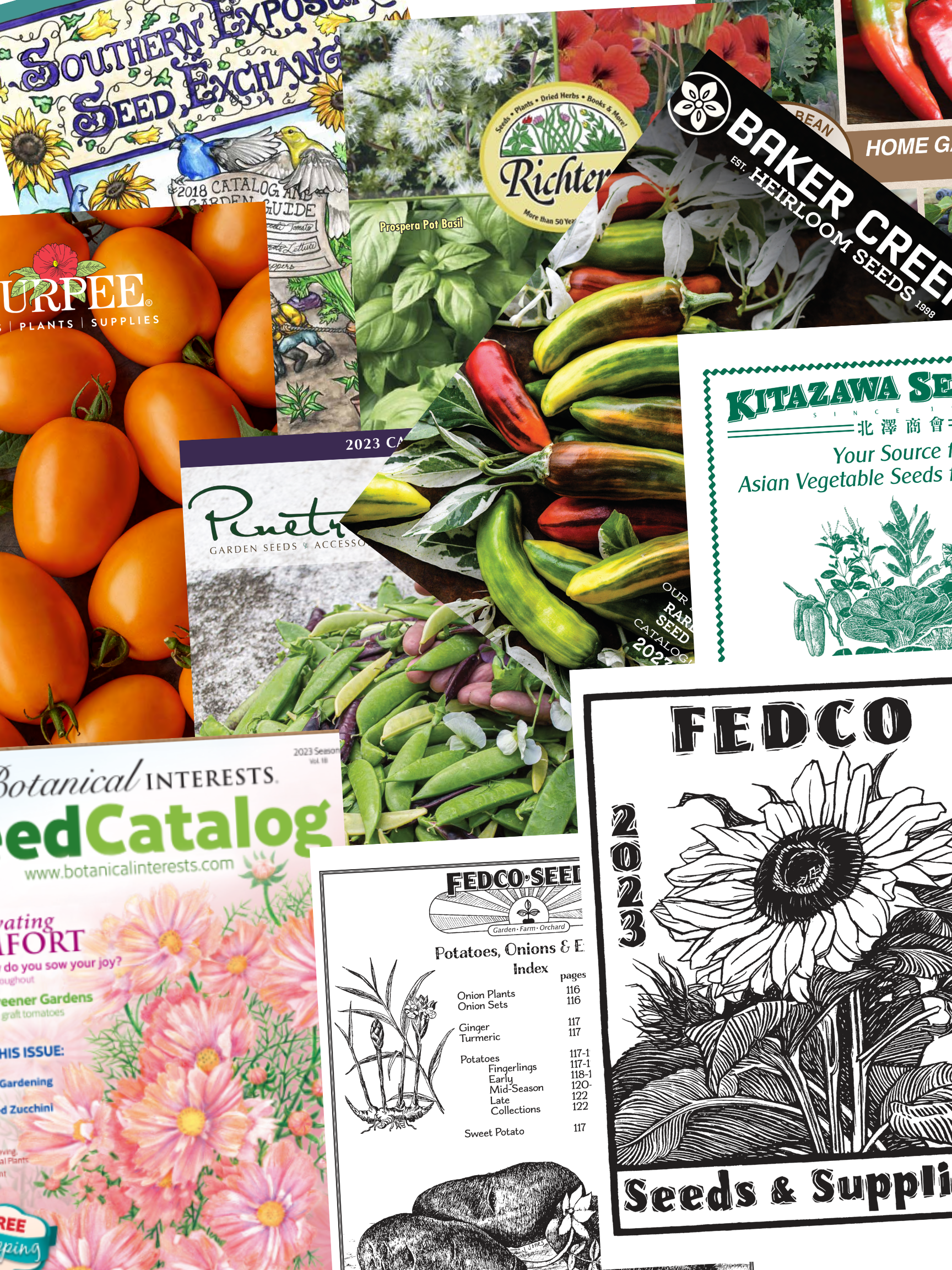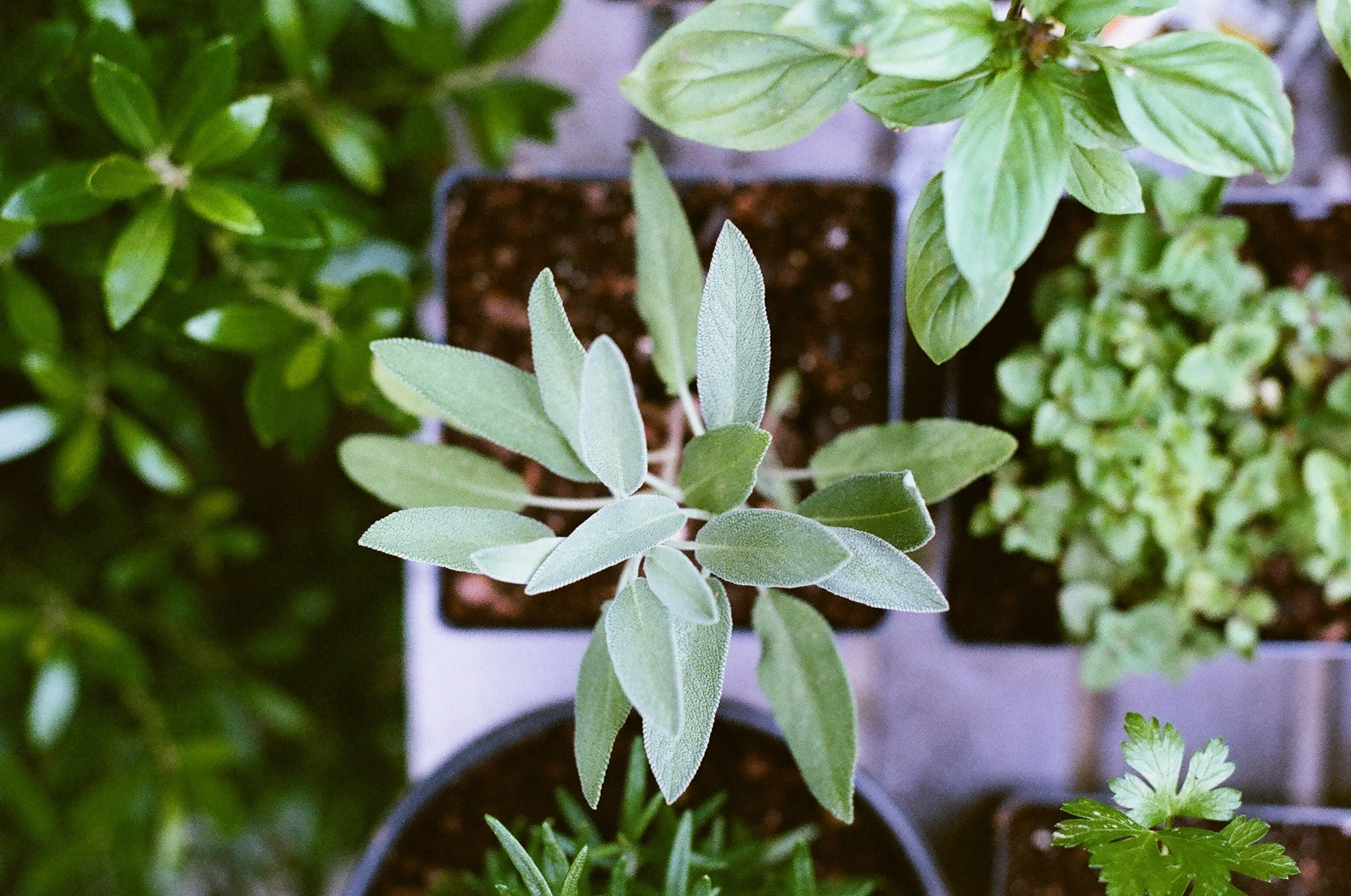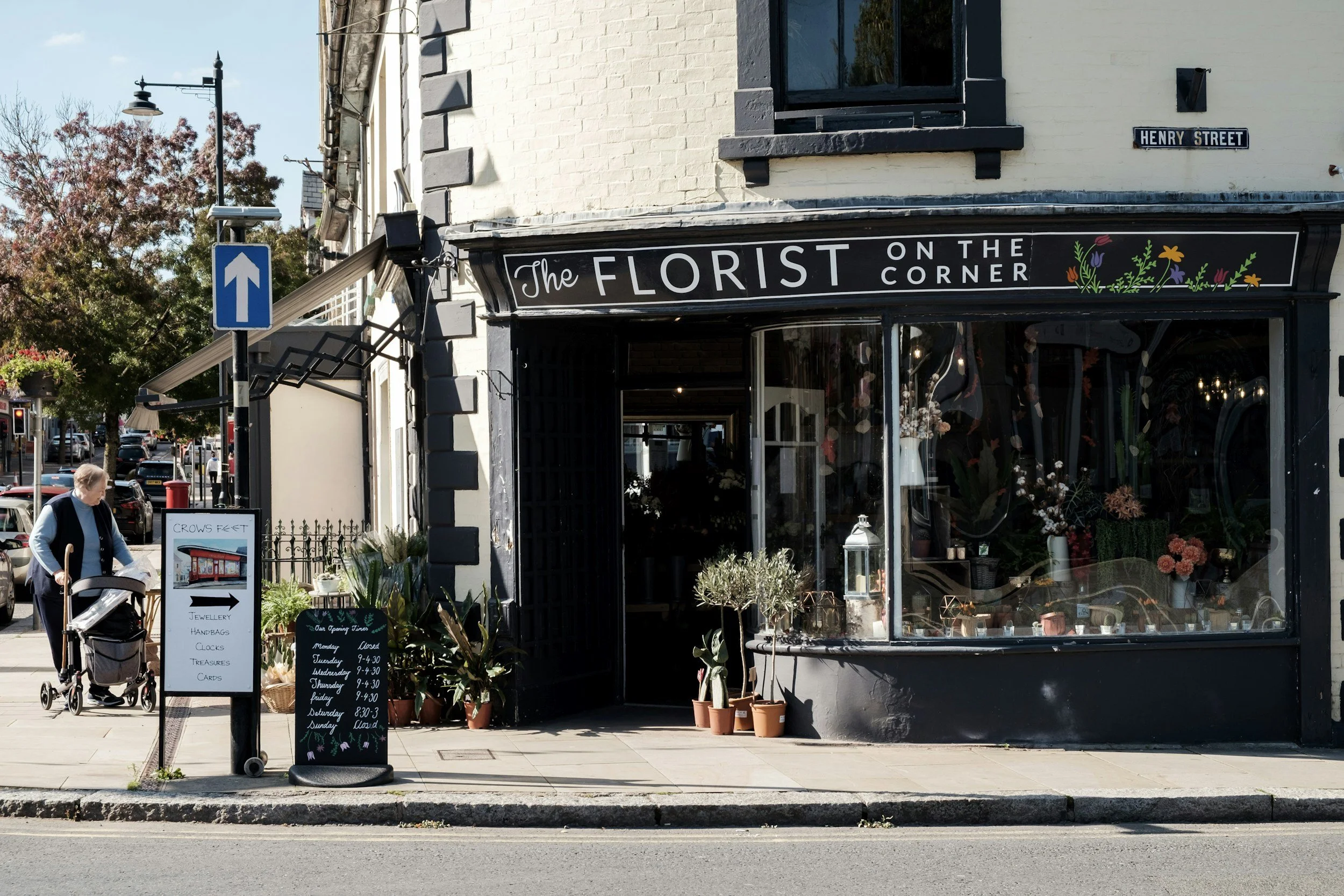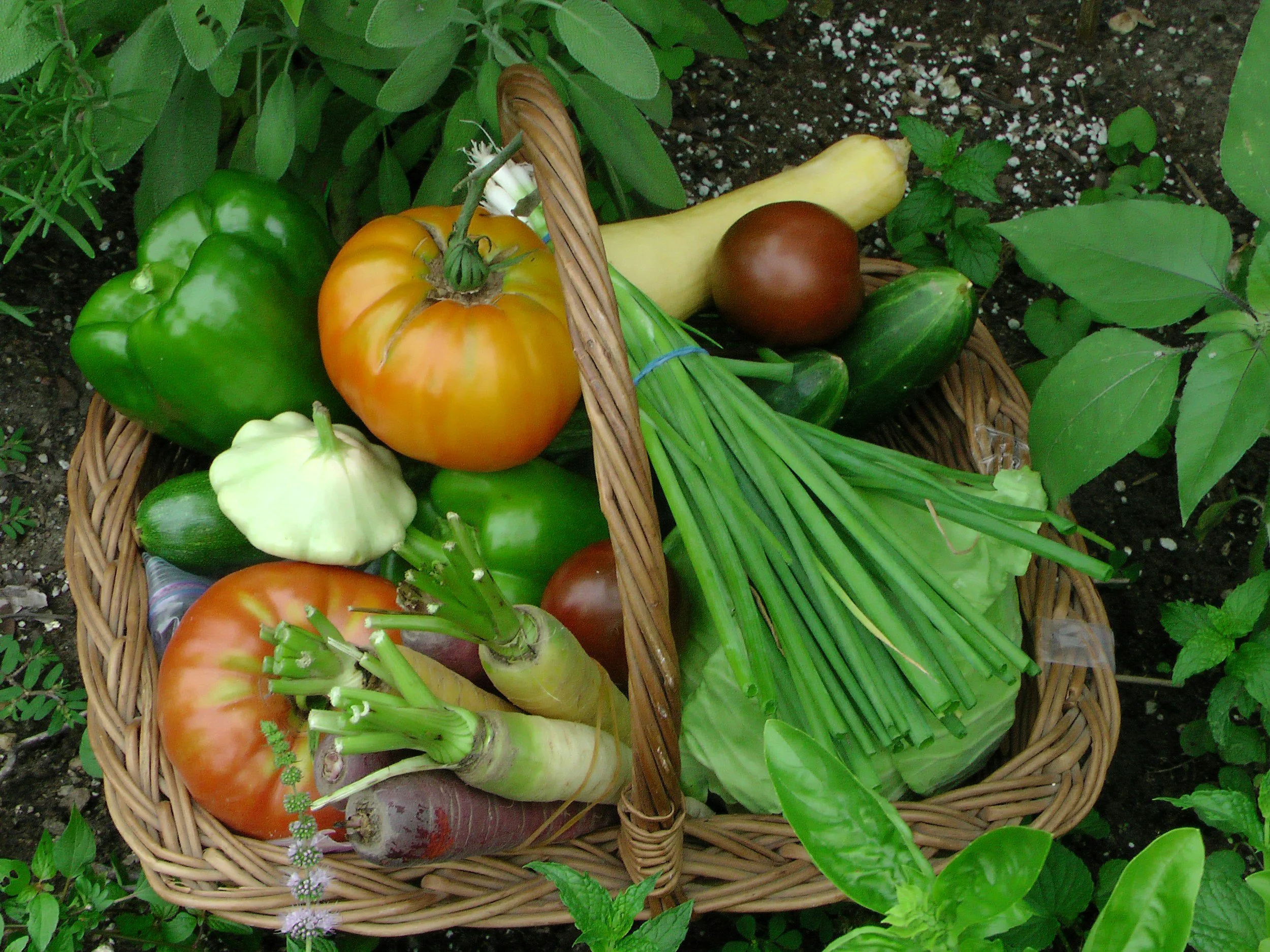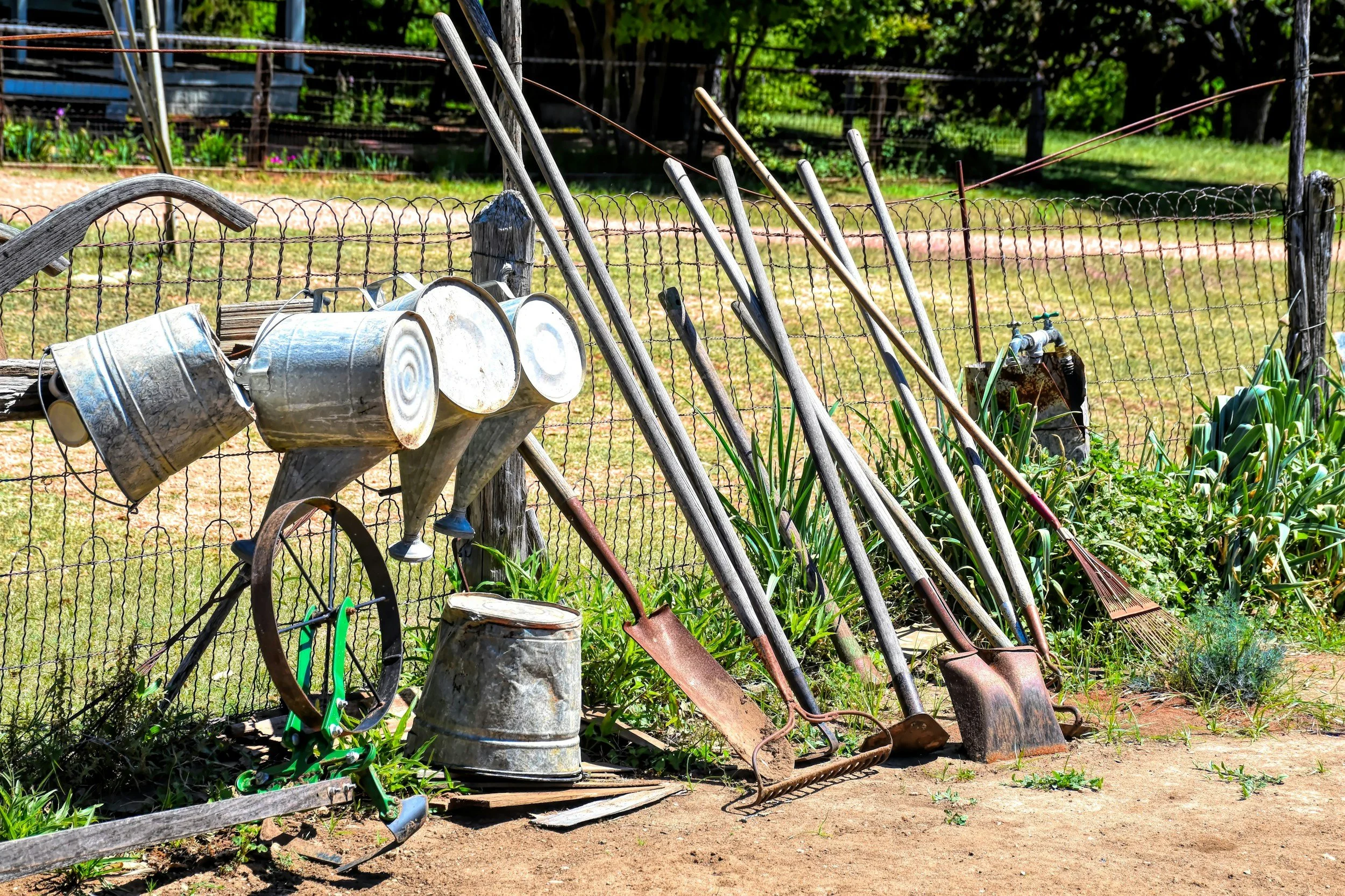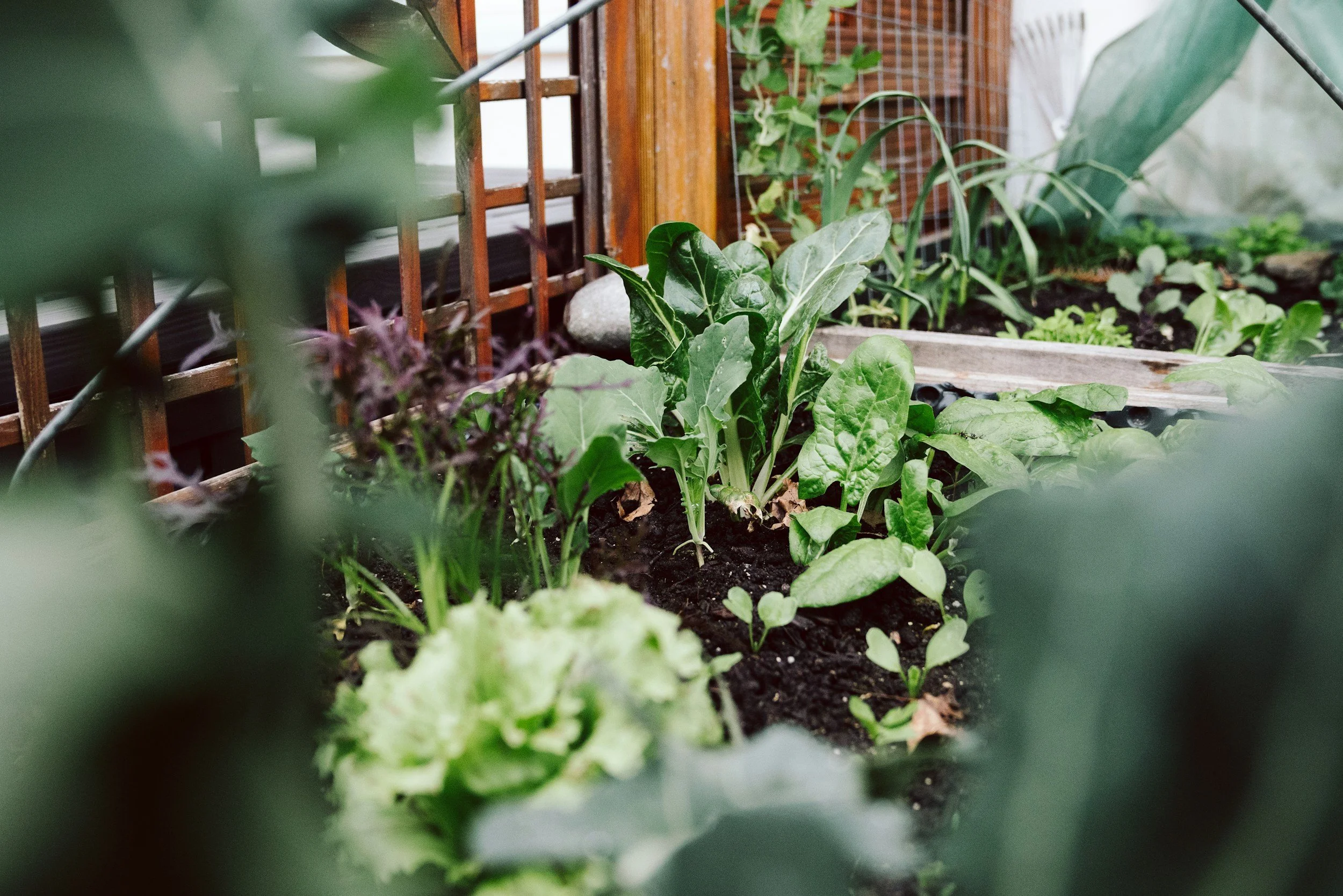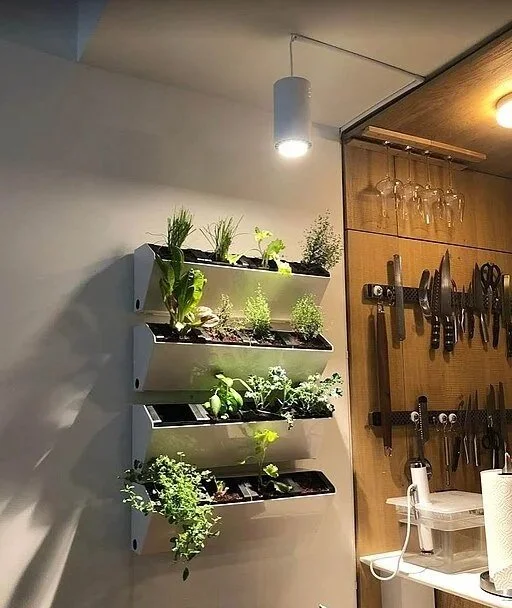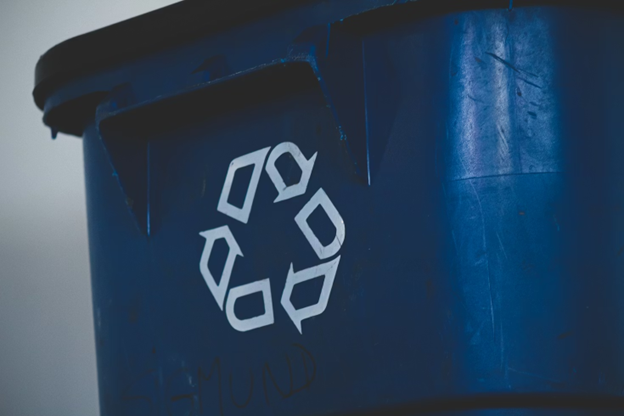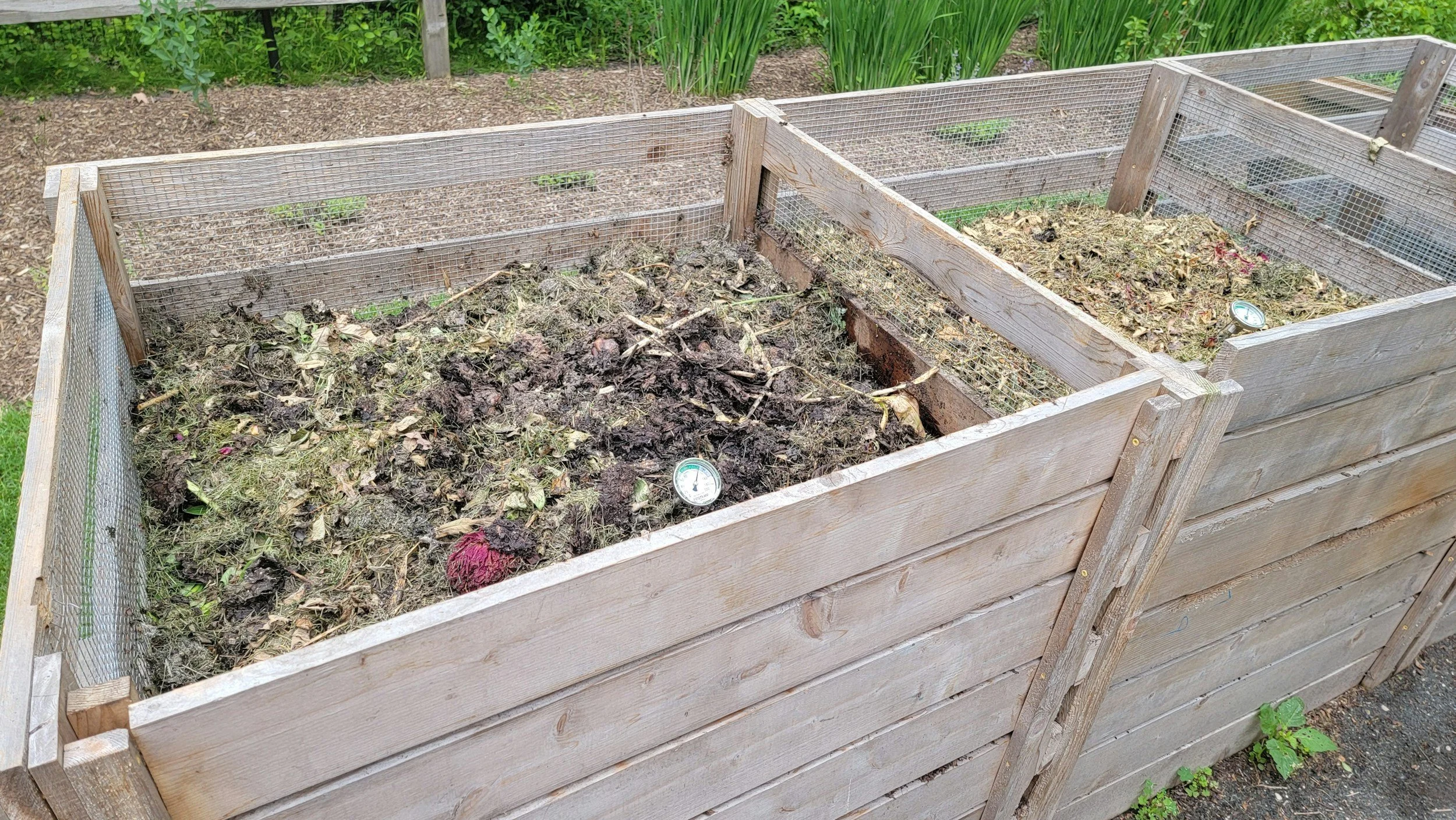The controversy over organic
/More organic options in stores: a good thing?
Last week I shopped at Costco, as I do about twice a month. What was different this time was that upon entering the warehouse and showing my ID, I was handed a brochure advertising Costco’s latest organic offerings. I was curious: there seemed to be a lot more organic goods than I remembered, and some of the items I had been shopping for had disappeared from the store shelves, replaced by these new, supposedly healthier, products. If I sound a little skeptical it is because I am inherently more distrustful of organic products offered by big box stores, especially their own organic brands, than of organic products made by my local organic farmer, or sold by the small, local health-conscious stores where I’ve shopped for organic products for years. (Still, this skepticism hasn’t always prevented me from buying Safeway’s O-organics brand or more recently, Costco’s organic offerings.)
Browsing Costco’s “Save on organic at your local Costco” brochure did make me wonder, though, why some stores seem to be increasing their organic foods inventory. Is it simply a marketing tool to draw in a public that is becoming more convinced that eating organic is a part of living a healthier lifestyle? What else might explain this shift in the food market towards more organic products, despite the appearance in recent years of multiple studies, articles, and blog posts stating that there is no real difference between organic and non-organic? (My favorite title, in an article featured in Slate.com: “Organic Shmorganic”, though I strongly disagreed with Melinda Moyer’s presumptions and arguments about why parents should feed their kids conventional produce).
Why do more people seem keen on eating organic even though organic produce is more expensive and will probably remain so? Despite its flaws and loopholes, the 2014 Farm Bill presents an opportunity for organic farming to receive an infusion of government subsidies to production, and to conservation (through the Sustainable Agriculture and Research Education program, or SARE). Maybe we organic consumers are all just “affluent narcissists”, as Henry I. Miller charged in an article he wrote for Forbes.com.
Is organic really better? Why you should be skeptical of the "proof"
Or maybe many of us are just suspicious of the claim that there is no proven difference between organic and non-organic food. Admittedly, I fall in to the “suspicious” camp. Too often, a lack of scientific or clinical proof means just that – it hasn’t been proven yet.
One of the studies that touched off a series of debates (nasty fights, really) about the value of eating organically vs conventionally farmed products was conducted by Stanford University researchers and published in the September 4, 2012 issue of the Annals of Internal Medicine That study, which relied upon 17 human studies and 223 studies of nutrients and contaminant levels in foods, determined that there were no clinically meaningful differences in terms of allergic outcomes like eczema and breathing difficulties, in terms of a type of infection (with symptoms present) from a bacteria called campylobacter, or in terms of biomarker and nutrient levels in serum, urine, breast milk, and semen in adults. The study did find significantly lower pesticide levels in the urine of children who consumed organic diets, and ultimately concluded that although you’ll probably have less exposure to pesticide residue and antibiotic-resistant bacteria by eating an organic diet, there is no proven nutritional difference between organic and non-organic diets.
Expectedly, the study touched off a firestorm of protest and argumentation on both sides of the organic vs. conventional debate, so much so that the researchers felt compelled to defend their study in a letter to their detractors, published in the Annals of Internal Medicine in February, 2013. One of the more intelligent critiques of the research, written by Matthew J. Edlund, MD for Psychology Today, makes a strong case for why we should not be misled by studies dismissing the differences between organic and non-organic diets. He also convincingly demonstrates why the Stanford University study was deeply flawed. At the same time, Dr. Edlund’s article makes a strong case for why eating organic, and supporting organic farming, does matter, maybe more than it ever did before.
Organic consumption and the body burden
Whether you agree that there is a big nutritional difference, or not, between a (largely) organic or non-organic diet, what’s harder to dispute, even by the critics of “the organic lobby”, is that there is a BIG difference in terms of the body burden, or the sum total of chemicals present in the body at any given time. Although we are all exposed to toxic chemicals in a variety of products we ingest, absorb, or put on our bodies every day (yes, even some of these from organic produce!), that is no reason to say that eating organic is not important. Loni McCollin, MSc, a clinical herbalist and nutritionist at Knowles Apothecary in Kensington MD, gave me 3 reasons to switch to an organic diet as much as possible:
One: many toxic chemicals lodge in the body fat, which means that it is especially important for overweight people and children (whose bodies have more fat in them) to eat organic. Children’s bodies are especially susceptible to the effects of pesticides, a fact which often does not manifest until they reach adulthood. And those of you who say you ate conventional produce as a child and are perfectly fine now should consider how many more toxins, including pesticides, we are exposed to nowadays than we were even as little as a decade ago.
Two: eating organic produce helps you to maintain good gut health (read: less exposure to antibiotic-resistant bacteria), which in turn helps our bodies fight disease. I will be blogging more on this topic in the future.
Three: certain food combinations help eliminate toxins in the body. When these consist of organic foods, the results are even more powerful.
I would add a Four: the more people support organic farming, the more affordable organic products will become. Demand for organic products already outstrips supply, not only in the US, but in many countries around the world such as Canada, the UK, Australia and New Zealand, most parts of continental Europe, and Singapore and other countries in East Asia. Supporting your local organic farmer, wherever you live, will help increase this global trend towards healthier, more sustainable farming practices. (sorry big box stores, but I am still suspicious of your motives for trending towards organic)
In the meantime, until organic farming grows significantly beyond its less than 2% of all cropland in the US, buying organic food products will be cost-prohibitive for many people. This is especially true for most poor and low-income people, who are usually forced to buy cheap (read: processed) foods that contain toxic chemicals and offer little in the way of real nutrition.
So what can you do if you want to eat more organic foods, or just eat healthier, reduce your exposure to chemical toxins in your food, and not go broke? My book Go Green without Going Broke, available on Amazon.com, answers these questions and more.
You can also sign up for access to our free resources library, which contains tips and tools for healthy (including) organic living. Click the button below to see a preview of some of the content you'll have access to, and to sign up.
like this? Please pin!




